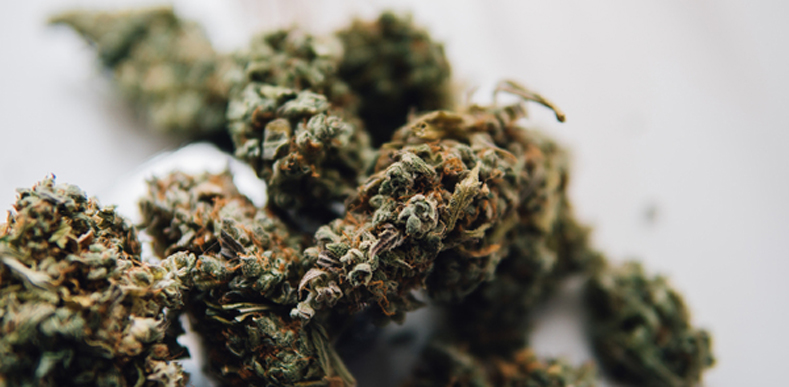Long-Term Effects of Marijuana Use

As more and more states follow the example of Washington State and legalize marijuana, researchers are raising concerns about possible negative long-term health effects of the drug.
Simply declaring a substance legal does not mean that it cannot be abused; similarly to alcohol, marijuana can be addictive and can have adverse health consequences.
What does exposure to marijuana do to a user over time? Possible ramifications include actual physical changes to the brain of the user.
Is Marijuana Addictive?
One study characterizes marijuana as addictive because “it causes compulsive drug craving, seeking, and use, even in the face of negative health and social consequences.”
Science now recognizes addiction as a chronic brain disorder, which can actually change the physical and chemical aspects of the brain. Drugs like marijuana stimulate the release of dopamine, a neurotransmitter that essentially produces a feeling of well-being and euphoria. When a particularly strong release of dopamine occurs, the brain attempts to protect itself from the onslaught by ‘shutting down’ some of the dopamine receptors, reducing the effect.
An addicted person craves the release of dopamine while his or her brain simultaneously diminishes its effects, creating a feedback loop in which the person requires more and more of the drug to achieve the same good feelings. Once using the drug becomes compulsive, addiction is born.

Effects of Long-Term Marijuana Use
Chronic and sustained use of marijuana could possibly have serious consequences, depending on a variety of factors. Some studies seem to illustrate that age of first use, the frequency of use, and quantity of use all play a major role in how marijuana affects you over time.
The Brain
Significant changes to the physical and chemical structure of the brain have been shown in studies involving rats, and some using human subjects. Particularly at risk are adolescents and babies, both before and after birth. These are key developmental stages for the brain.
Exposure during adolescence can bring about adverse outcomes in the long-term, including problems with learning and memory. A large study done in New Zealand found that adolescent marijuana abuse was associated with a drop in IQ of six to eight points. However, other studies have not found the same results. This is a common outcome, highlighting the need for further research.
The psychoactive component of marijuana, THC, seems to significantly affect the hippocampus, a region in the brain responsible for memory formation and information processing. Cognitive impairment was shown in rats exposed to THC in utero, shortly after birth and during adolescence. This caused problems with specific learning and memory tasks, and could possibly make it more difficult for the brain to learn new information over time.
The Body
Long-term use of marijuana also negatively affects your body, in particular, your lungs. Abuse has been linked to lung damage similar to that of tobacco smokers; smoking marijuana leads to about four times the deposit of tar compared to cigarette smoking. This is due to how marijuana is typically smoked, with a deep inhale and a long hold.
Other physiological effects include:
- Rapid changes in blood pressure
- Decreased respiration
- Immune suppression
Battling Marijuana Addiction
If you or a loved one are struggling to overcome an addiction to marijuana, there is help in Washington State. At The Recovery Village Ridgefield, we offer a holistic approach to your recovery, with equal emphasis placed on strengthening your mind, body, and spirit. Our treatment plans are tailored to your individual needs backed by support from health professionals and people who have been in a similar situation to yours.
Our retreat is deep in the Pacific Northwest, offering the space and serenity of nature in which to recover. Take your first step today. Click to learn more about admissions today!




